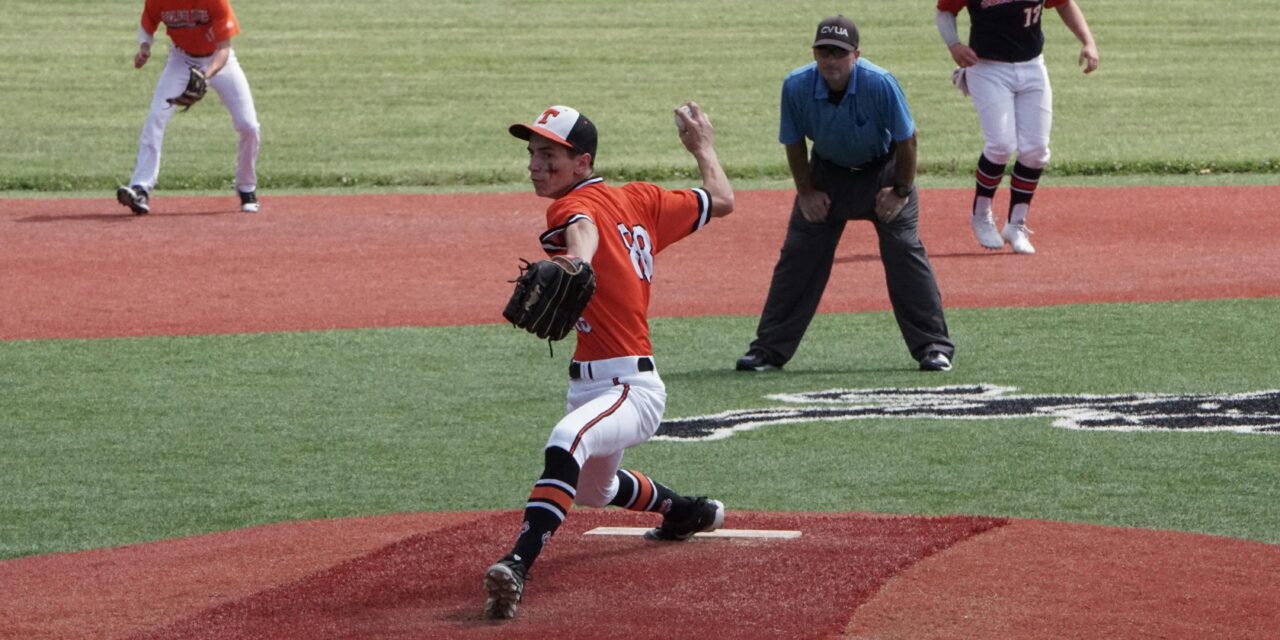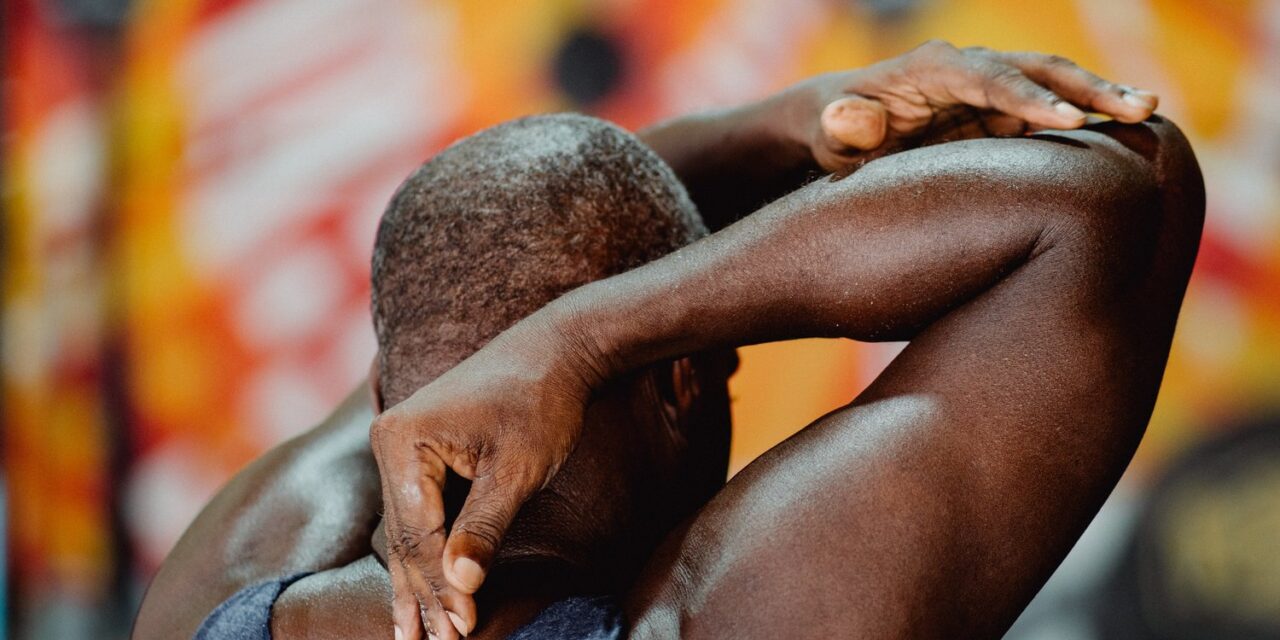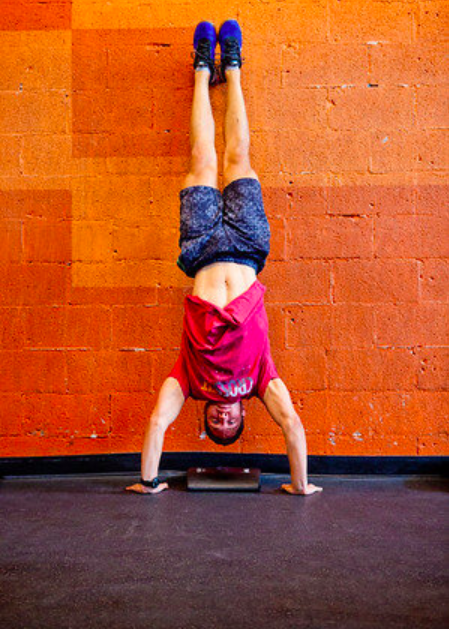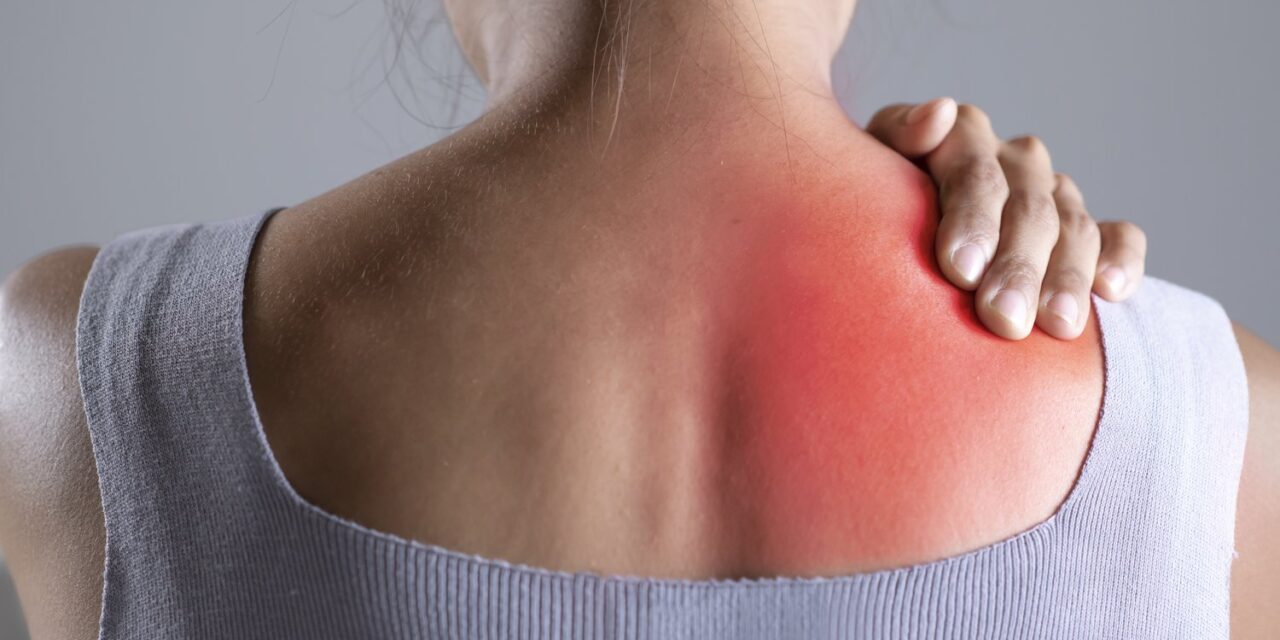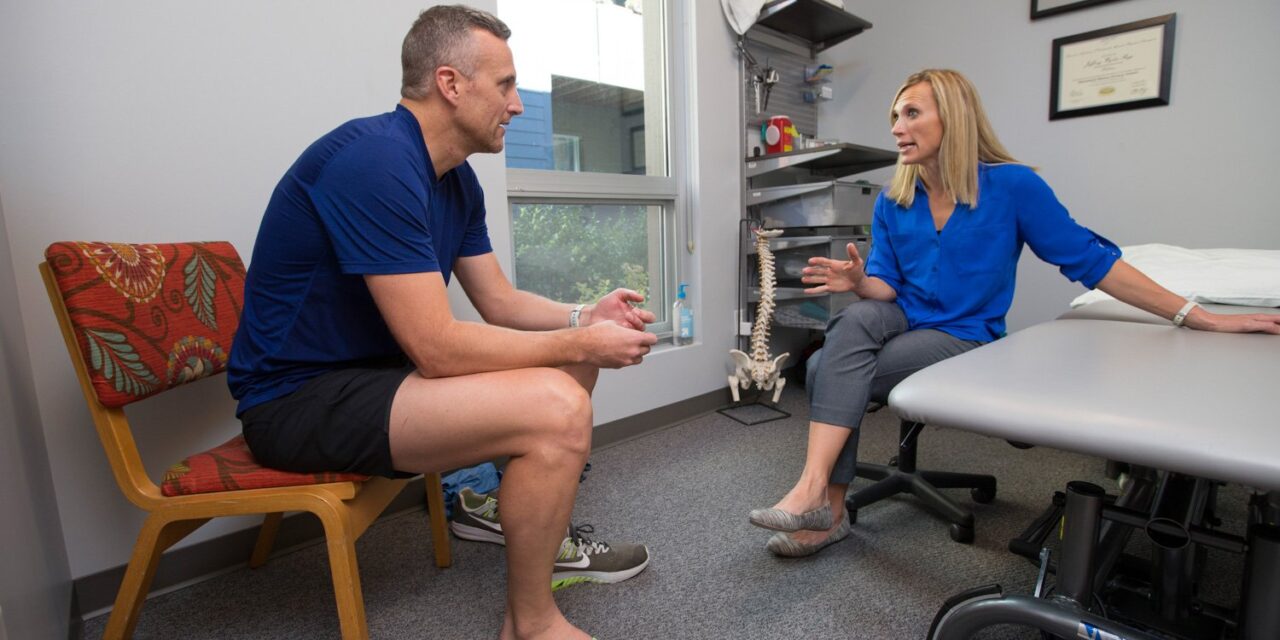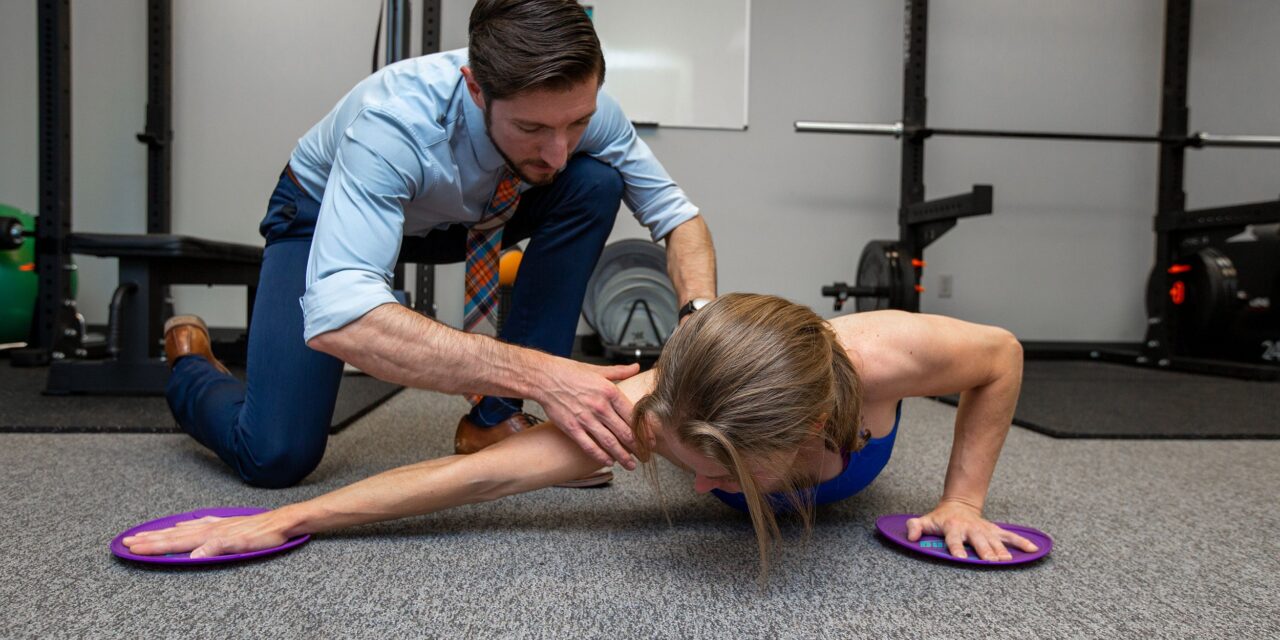By: Lucas Glomb, PT, DPT, OCS Little League Shoulder, a common overuse injury among young baseball players, occurs when repetitive overhead motions place excessive stress on the shoulder joint. This condition can lead to pain, weakness, and decreased range of motion in the shoulder, hindering an athlete’s ability to throw effectively. This repetitive stress causes...
An acromioclavicular (AC) joint sprain, common among cyclists after a fall, occurs when the ligaments connecting the collarbone to the shoulder blade are stretched or torn. Depending on the severity, this injury can range from mild discomfort to severe pain, affecting your ability to ride. For minor sprains, you can continue cycling by adjusting your...
Swimming is one of the more popular forms of exercise in Boulder County. In our Boulder Physical Therapy and Lafayette Physical Therapy practices we treat swimmers of all ability levels to help them return to pool as quickly as possible. These participants require a significant amount of mid back mobility, as well as, upper, core,...
In our Lafayette Physical Therapy and Boulder Physical Therapy clinics we often have my patients ask whether a steroid injection is appropriate for managing their symptoms of tendon pain. This question does not have a simple answer. While corticosteroids can be effective for pain relief and inflammation control there are underlying physiological changes that happen...
There is an old saying in medicine “the difference between pathology and pain is the patient”. In our Boulder Physical Therapy and Lafayette Physical Therapy clinics this is shown in the interpretation of MRI results. As these images have become more and more sensitive they rarely miss anything in the body, but often find pathology...
3 Simple steps to ensure shoulder health
December 17, 2022
This guest blog was written by our good friends at CrossFit Sanitas. When we think about what it takes to stay healthy and strong, many of us visualize all the work we do in class to lift, pull, push, roll, or otherwise move our own weight and/or the weight in front of us. It’s easy...
Rotator cuff strengthening for CrossFit athletes
December 16, 2022
The rotator cuff is an essential group of muscles that stabilize the shoulder during overhead movements such as the strict press, jerk, snatch, and handstand push-up. These muscles are commonly injured by CrossFit athletes and weakness of the rotator cuff can lead to multiple shoulder pathologies such as, rotator cuff tendinopathy, impingement (subacromial pain syndrome),...
Why You Should Stop Massaging, Needling, and Mashing That Spot Next to Your Shoulder Blade
August 29, 2022
We have seen countless cases in our Boulder and Lafayette physical therapy offices of clients presenting with reports of a “knot” next to their shoulder blade that in many cases has often been massaged, needled, scraped or mashed to death with no lasting relief of symptoms. Scapular or shoulder blade pain is a classic sign...
Evidence Does Not Support Utilization Of Surgery Over Physical Therapy For Most Musculoskeletal Conditions
July 20, 2022
The vast majority of musculoskeletal conditions and diagnoses are not life threatening or time sensitive and allow for conservative treatments, including Physical Therapy, to be utilized prior to surgery. In our Boulder Physical Therapy practice we commonly see outcomes consistent with the current research on the utilization of Physical Therapy instead of surgery for common...
Attention Climbers: Scapular Dyskinesis Not Found To Be A Risk Factor For Future Injury
July 19, 2022
Rock climbing requires extensive strength of the shoulder and scapular stabilizer muscles. Having good strength to these muscles not only helps with climbing performance but also with injury prevention. During arm movements, a relative ratio of degree measurements occurs between the ball and socket of the shoulder and the shoulder blade on the rib cage....

